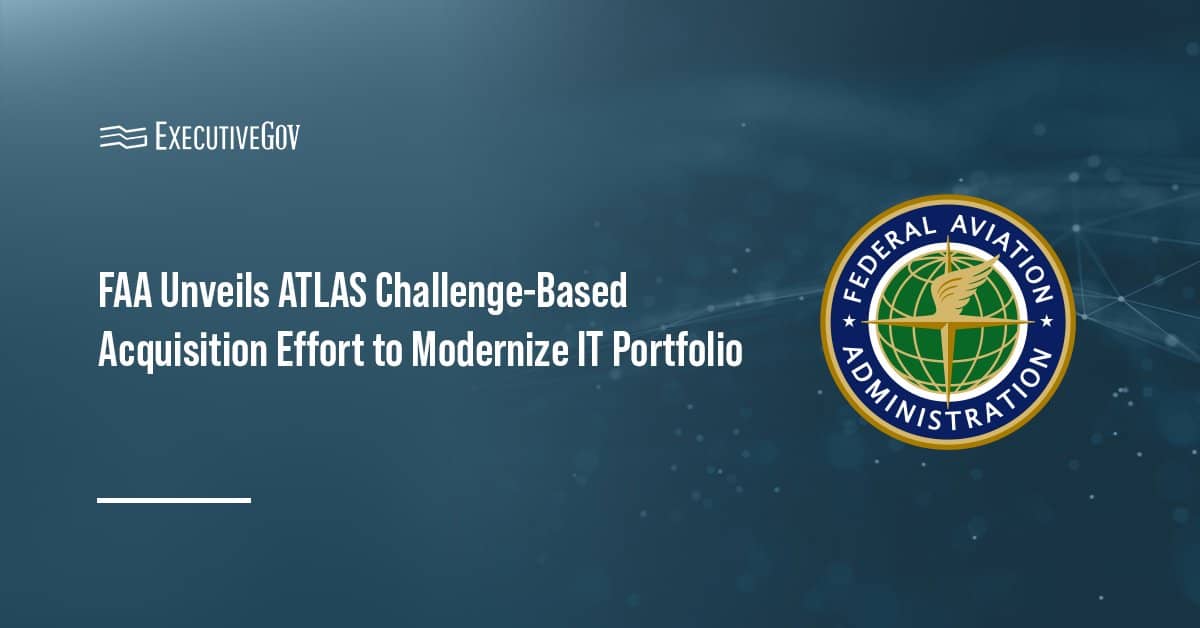 David Shulkin, undersecretary for health at the Department of Veterans Affairs, has called for more integration between the VA’s electronic health record and private sector providers in order to help veterans access medical care, Federal News Radio reported Thursday.
David Shulkin, undersecretary for health at the Department of Veterans Affairs, has called for more integration between the VA’s electronic health record and private sector providers in order to help veterans access medical care, Federal News Radio reported Thursday.Shulkin said the VA must finance treatment at private medical facilities for veterans on top of its own effort to provide healthcare services in order to reduce the number of patients in queue for medical treatment, Jory Heckman reports.
He said the department has the authority to implement what he calls structural changes in VA under the Veterans Access, Choice and Accountability Act, according to the report.
Shulkin also called for more data analytics to facilitate healthcare access for veterans, help them monitor medical histories and additional health information exchanges that are interoperable with external providers, the station reports.





